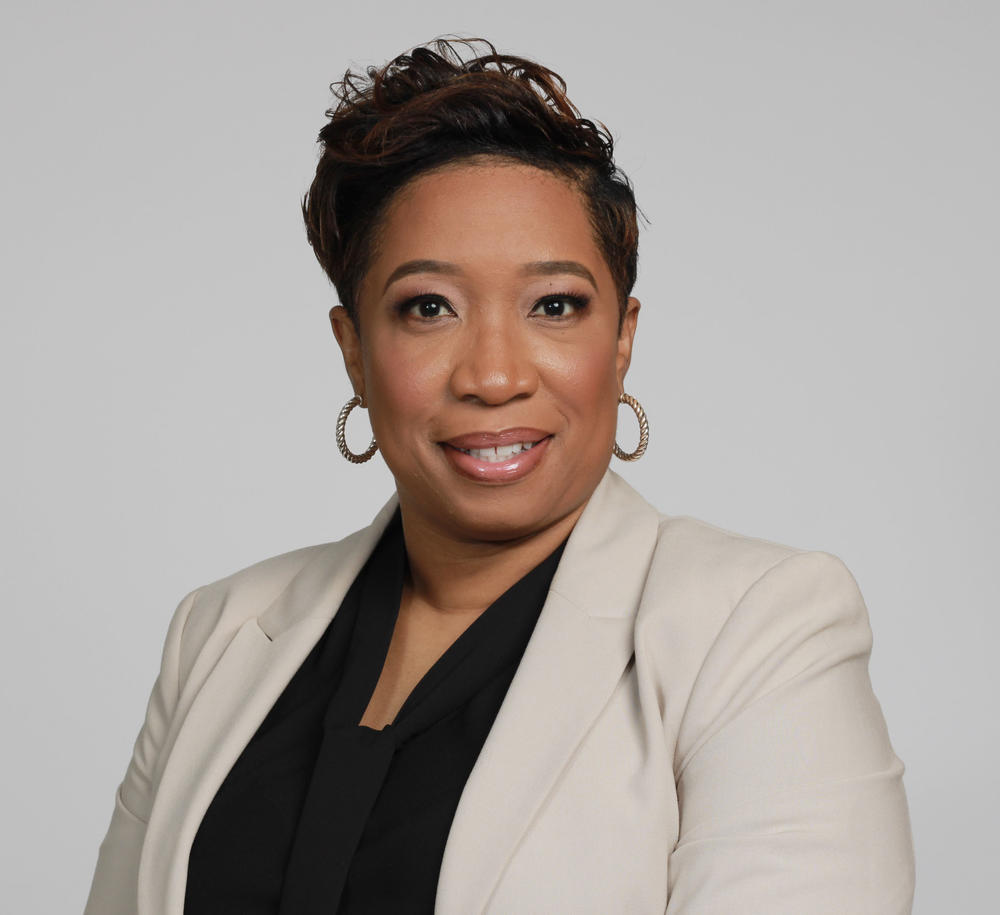
Section Branding
Header Content
Georgia research expert named to lead nonprofit Public Responsibility in Medicine and Research
Primary Content
LISTEN: A Georgia-based research expert is now leading a nationwide nonprofit focused on building public trust in scientific research. GPB’s Ellen Eldridge reports.

A Georgia-based research expert is now leading a nationwide nonprofit focused on building public trust in scientific research.
Dr. Ivy R. Tillman is the Public Responsibility in Medicine and Research organization’s third executive director since its founding in 1974, and she is the first African American to lead the national organization. This is significant because, historically, Black people have been abused in medical research.
Recent studies about Black Americans’ trust in medical scientists and views about the potential for researcher misconduct shows many are skeptical — especially when it comes to issues of openness and accountability.
The Pew Research Center reports that three-quarters of Black Americans know at least a little about the Tuskegee syphilis study, in which the federal government withheld treatment from Black men.
A majority of Black adults (61%) said that research misconduct is just as likely to occur today as it was in the past. Far fewer (35%) said there are procedures in place today that will prevent serious cases of misconduct.
But familiarity with the work of medical researchers is a major factor shaping Black adults’ views, PEW Research Center reported: Those who say they know more about what researchers do tend to be more positive in their assessments of these researchers.
Tillman lives in Evans, Georgia, and received her Doctorate in Education from Augusta University.
As a research study coordinator, Tillman started out working in pediatric sickle cell disease research.
"My appreciation of research, ethics and empowering individuals to make informed decisions; that's where it started," she said. "I was privileged to work alongside the children and their families as they made decisions about participating in research that gave them access to, you know, medical breakthroughs that really benefited them."
Her work over the past 18 years focused on human research ethics and training institutional review board members, staff, and researchers in the ethical conduct of research.
IRBs are designed and required to review human research to ensure that the rights, welfare and safety of individuals participating in those studies are protected, Tillman said.
"Not only individuals, but think about their data as well."
Tillman said one of her goals is to extend conversations about public trust and research, so the opportunity to lead PRIM&R and be a part of that national conversation and discourse is exciting.

